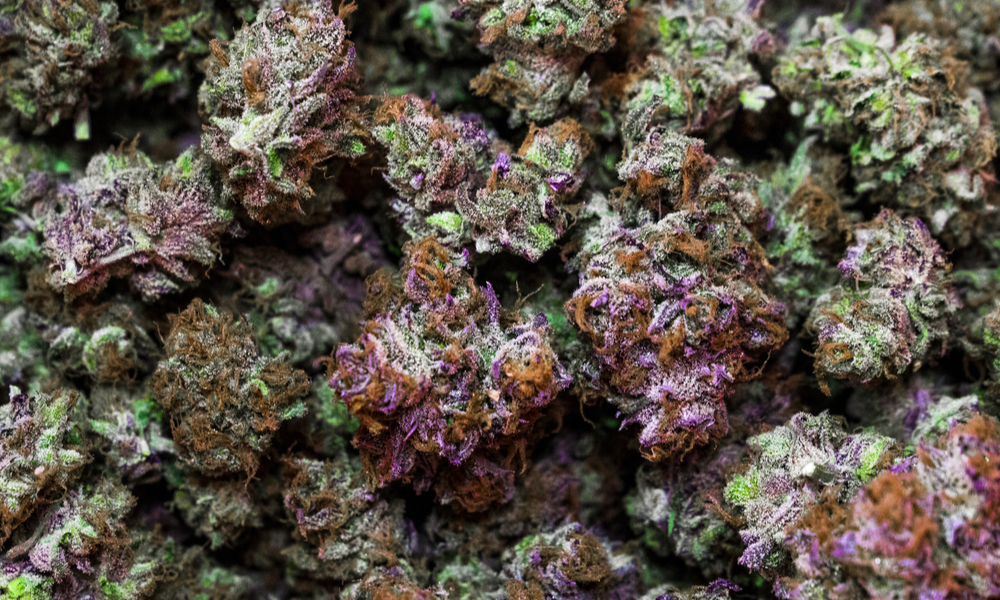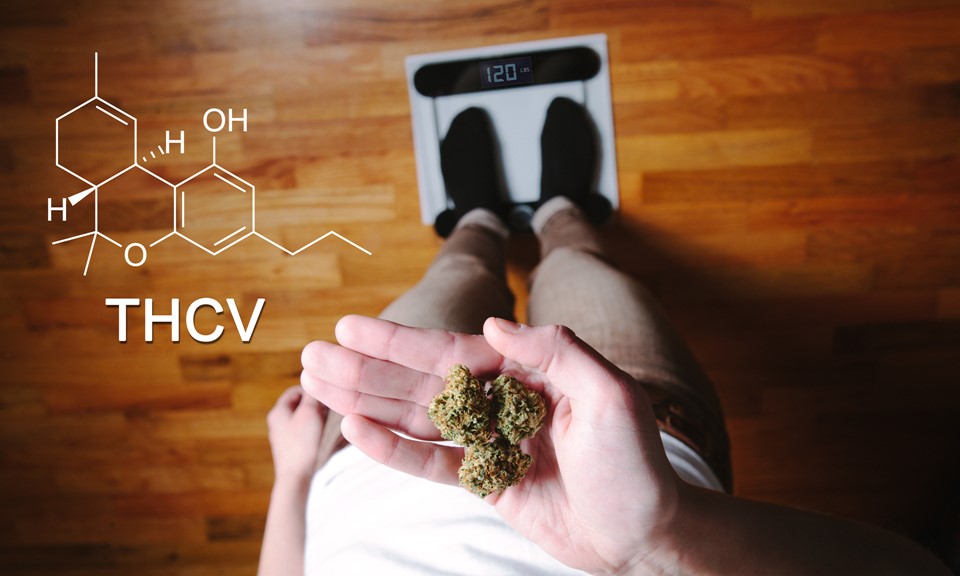Tetrahydrocannabivarin (THCV) is a cannabinoid substance discovered in cannabis and hemp plants. It's chemically similar to tetrahydrocannabinol (THC) but with some crucial distinctions. Here's whatever you require to know about THCV including the threats, benefits, differences, and similarities with other forms of THC and more. What Is THCV? THCV is a less common cannabinoid found in some stress of cannabis, specifically African sativa.
 What Is THCV and What Are the Benefits of This Cannabinoid?
What Is THCV and What Are the Benefits of This Cannabinoid?
 THCV - The Cannabinoid of the Month at Champlain Valley Dispensary
THCV - The Cannabinoid of the Month at Champlain Valley Dispensary
 What is THCv? THCv Effects Verilife
What is THCv? THCv Effects Verilife
THCV has a 3-carbon side chain instead of THC's 5-carbon side chain. This distinction is subtle, but it has a noticeable impact on the impact profile. THCV is Great site rather psychoactive but how long does thcv stays in the body only about and about. What Does THCV Seem like? THCV has a strong energy-boosting component to it, which makes it especially popular among trainees and professional athletes.
In the United States, THCV regulation is nuanced. THCV is not a Schedule I Drug, but marijuana extracts are making it rather unclear what the federal position is on THCV. The 2018 Farm Bill specifies that hemp plants and all derivatives of the plants are legal on a federal level, a lot of business comply with this law and still offer THCV to clients by just extracting the substance from hemp plants.
If THCV is thought about a THC analog, it could be controlled in the future by the same rules as THC under the Federal Analog Act. This act states that any compound that shares a similar get more info molecular profile as a recognized prohibited substance it's consisted of in the same drug Set up category.
What Are the Effects of THCV? Proponents of THCV report that it produces an extreme burst of energy and makes them feel euphoric without the psychological cloudiness brought on by THC. The impacts are super moderate compared to THC. The impacts are nearly specifically cognitive yet in some way have really little influence on headspace.
2. THCV & Appetite Some THCV users declare that it curbs Click here their hunger. This is a common impact of other focus-enhancing compounds too. It's as though THCV eliminates the diversion of other physical procedures (like cravings) in order to preserve resources and attention to cognitive jobs instead. How Does THCV Work? Cannabinoids produce biological results in the body by communicating with endocannabinoid receptors.
CB1 receptors are located in the worried system and communicate with neurotransmitters in the brain to produce mind-altering impacts. Interaction with CB1 sites is what offers some cannabinoids like THC their psychoactivity. THCV is a bit difficult to comprehend since it's primarily a CB1 villain, implying it has the opposite effect as THC.
While scientists are still looking for to understand this procedure, it appears THCV is able to block the impacts of CB1 in low dosages and promote them in high doses. CB2 receptors are found primarily in the immune system. THCV is a partial agonist of CB2, however the effects of this partial activity aren't widely known, and it seemingly has no discernible effect on THCV users' experience.
As discussed in the previous section, THCV is a CB1 antagonist in low dosages which is the precise opposite result of delta 8 and delta 9 THC. This could mean that THCV combats a few of the psychoactive impacts of THC. This impact might explain why people who utilize THCV feel so clear-headed especially compared to the notorious "fogginess" induced by delta 9 THC.